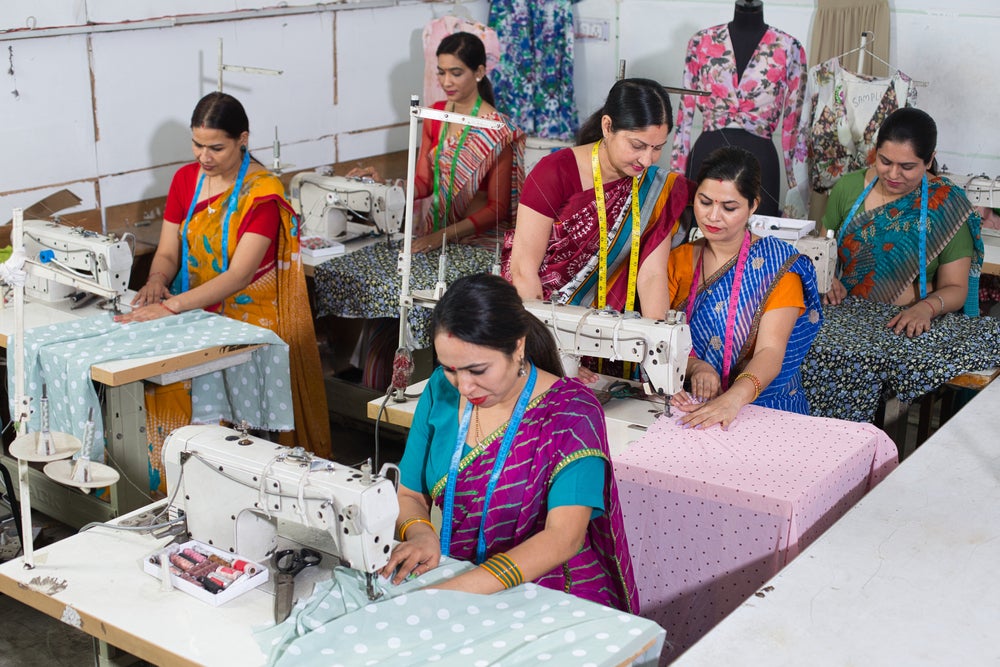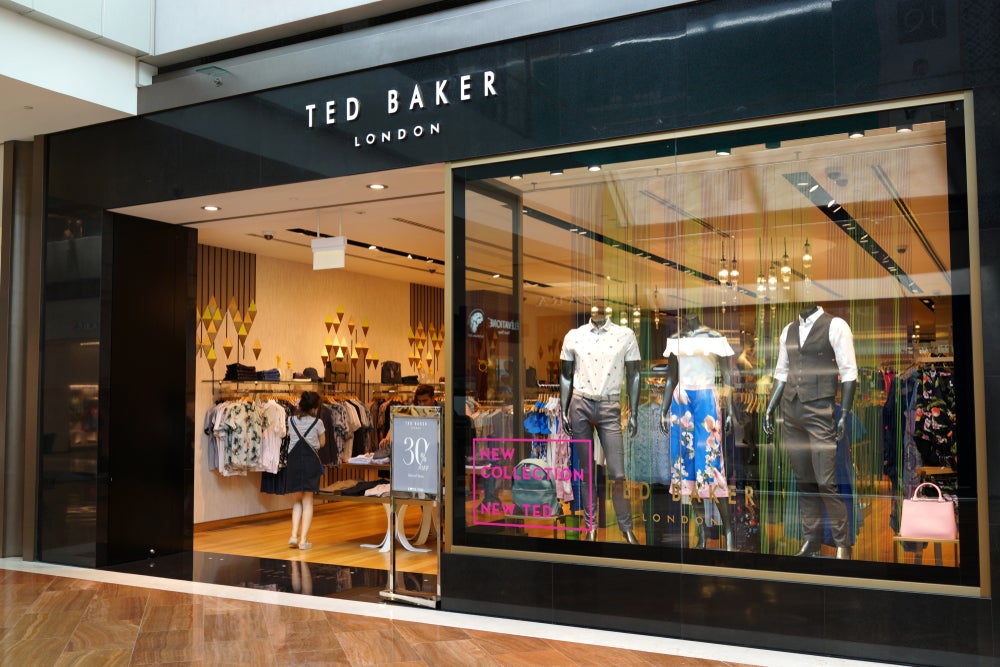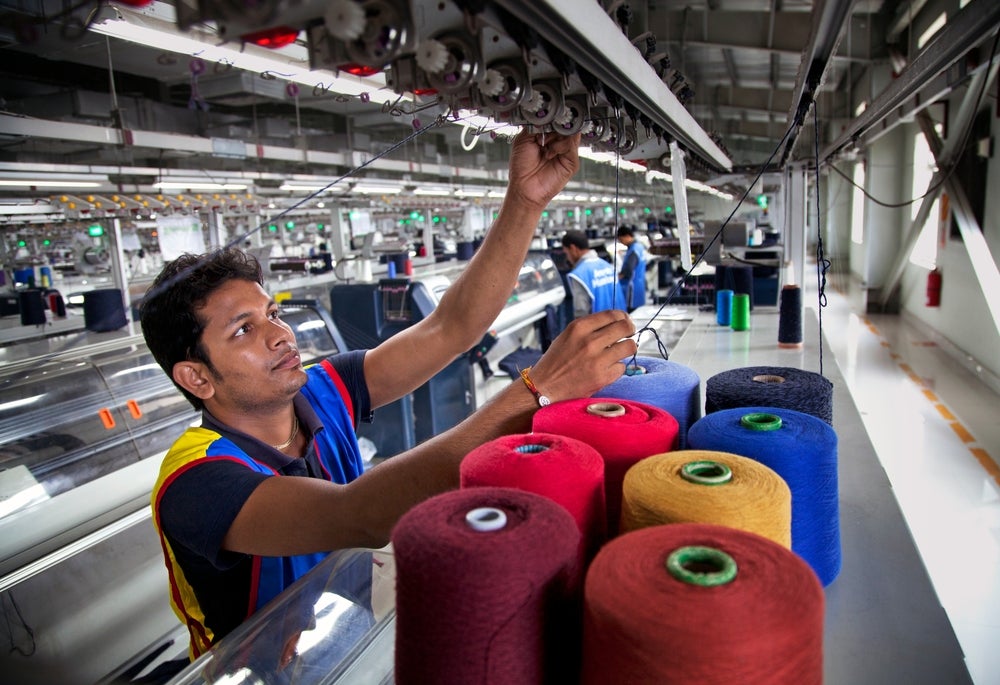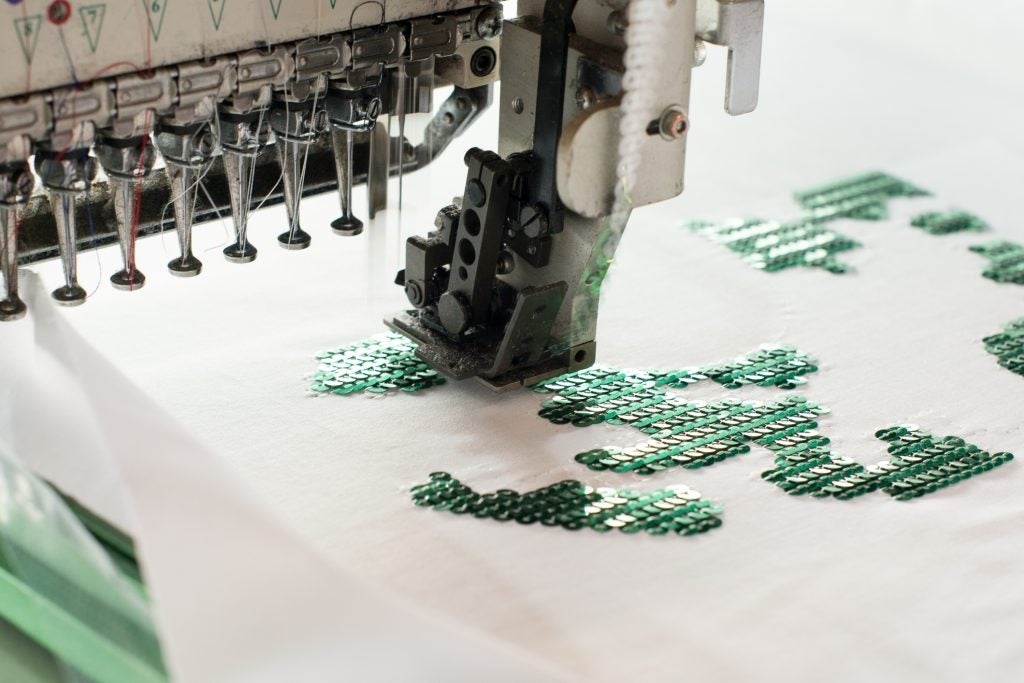The BGMEA's call for global fashion brands to give garment factories a "fair price" coincides with a review of the country's minimum wage for apparel workers with a "significant increase" expected to be announced by the end of this year, according to local news reports.
BGMEA president Faruque Hassan is said to have issued a letter to the organisation's member garment factories encouraging them to ask global fashion brand buyers to consider a rational increase in price to aid the new minimum wage scale.
The Dhaka Tribune quotes him as saying: "Considering the standard and cost of living of our workers, and the inflation, I would urge you to kindly consider a rational price upcharge in your current price negotiations for the orders for a smoother transition to a new wage scale.”
The news publication also claims members are being urged to discuss rational price negotiations for garment orders that will be produced from 1 December onwards.
BGMEA had not responded to Just Style’s request for comment at the time of going to press.
However, the news publication also suggests Hassan said the Minimum Wage Board for apparel workers had already held several meetings and was consulting with different stakeholders.
It quotes Hassan as saying: “They are visiting factories and discussing with workers and owners. I believe before the end of this year a new minimum wage will be declared and there will be quite a significant increase thanks to the trend of previous reviews and aggregate inflation in the past five years.”
The reports also highlight the global issue of inflation and claim Hassan is urging manufacturers to consider various factors, including the standard of living for workers and the prevailing inflation rate when negotiating prices.
The Dhaka Tribune claims managing the supply chain has become increasingly complex with garment manufacturers reportedly struggling with capacity management, supply chain logistics, planning, and forecasting.
Bangladesh has worked hard to retain export growth despite rising inflation. In the latest data from the US Office of Textiles and Apparel published earlier this month (September) for example, Bangladesh was the only one of the top 10 apparel suppliers to the US in July to have recorded a rise in shipments.
The news publication points out Bangladesh manufacturers are committed to enhancing operations with a particular focus on logistics, transportation, policies, and the development of large-scale infrastructure projects.
Hassan is said to be focused on BGMEA's sustainability credentials and vision to significantly decarbonise the industry and adopt circularity by 2030.
However, the reports highlight him as saying the workers, are the lifeline of this industry and they are suffering the most from high inflation so a rational price .adjustment from the buyers' end is crucial for a seamless transition into the new minimum wage scale.















